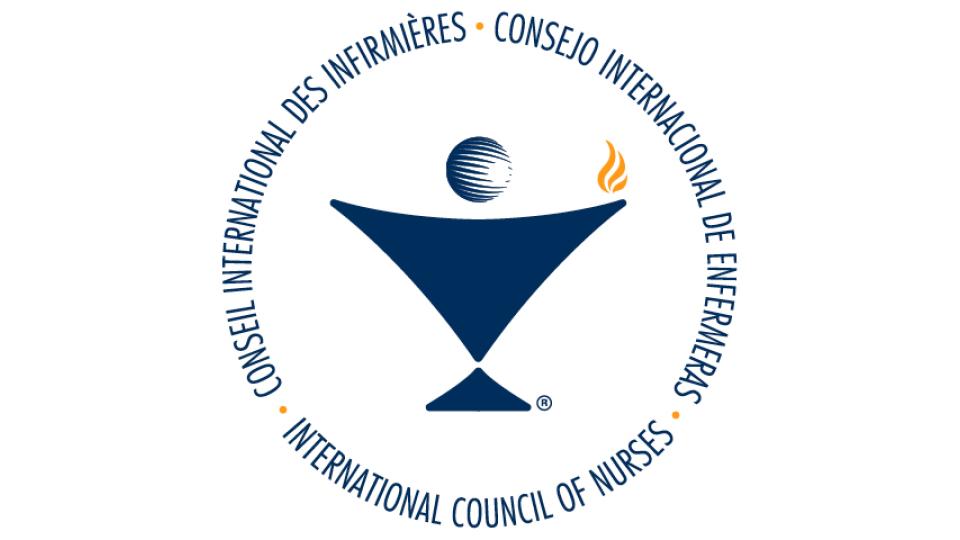Virtual meeting of world’s nurses highlights importance of unity, solidarity and collaboration in the face of COVID-19 pandemic

International Council of Nurses’ member National Nursing Associations (NNAs) held a virtual meeting last month to discuss the state of the profession and post-COVID-19 planning. Read the full report here.
The biennial meeting of ICN’s NNA members was held virtually for the first time, on 19 June 2020, with more than 65 NNAs and over 120 delegates registered for the meetings.
The meetings heard reports from around 30 NNAs, providing an overview of the challenges nurses have faced during the pandemic, and highlighting the issues that will need to be addressed in the coming years.
Large numbers of nurses have become infected with COVID-19 and many have sadly died, and a lack of sufficient amounts of appropriate, high-quality personal protective equipment was reported in every region of the world.
In some countries, nurses have only been issued with gloves and masks when nursing COVID-19 patients, despite the known risks and recommendations that protective visors and gowns are essential in such situations. Preparations for a second wave of the COVID-19 pandemic or future pandemics are essential if countries are to meet their duty of care to protect their nursing staff and their patients.
Nurses in many countries are facing violence and aggression during the pandemic, related to fears that they may be taking the infection into their communities. Such violence is completely unacceptable, and ICN has called on governments to protect their nurses and deal appropriately with perpetrators. Clear public health messages are needed to reduce the ignorance that is behind such attacks.
Other important issues for the profession that were raised in the meeting include the global shortage of nurses, which the State of the Word’s Nursing report estimated to be at six million, the need for better leadership training and greater opportunities for nurses to work in advanced roles, which can increase patients’ access to services that would otherwise not be available.
Other topics discussed in the meeting included the need to acknowledge racism within healthcare and nursing and recognise it as a public health crisis that must be addressed everywhere.
Many NNAs described how nurses’ work in the pandemic had revealed them as a treasured resource to the public, and such recognition should be capitalised on to ensure that nurses are given the respect they deserve, and for that respect to be turned into tangible benefits, such as improved working conditions and better salaries.
Nurses attending the meeting called for greater respect for older people, many of whom did not receive optimal care during the pandemic.
ICN President Annette Kennedy provided a brief overview of ICN’s work and priorities, and said that the pandemic had provided many opportunities for ICN to speak directly to the World Health Organization (WHO) Director-General Dr Tedros and others in high-level positions, and helped to put nurses and nursing into the headlines of international media outlets.
Ms Kennedy said: “This virtual meeting allowed the world’s nurses to speak freely about their concerns and stress just how important it is for the nursing family to be supported by their governments and the people they serve. It is tragic that we have lost so many nurses to the pandemic, and yet despite the dangers, nurses around the globe are stepping forward wherever they are needed, often at great personal risk. It is unacceptable that they are expected to work in dangerous areas without adequate personal protection, and I again call on governments to rectify this situation immediately. 2020 was not the year we expected, but it has truly proved to be the year of the nurse.”
ICN Chief Executive Officer Howard Catton added that ICN is continuing to collect data on infection rates and deaths among nurses due to the COVID-19 virus. “We will keep doing it until there is no longer a need to do so,” he said. “We call on governments to systematically collect this data and centralize it with WHO, we will then be in better position to protect nurses and the patients they care for.”
To download the communique please click here.